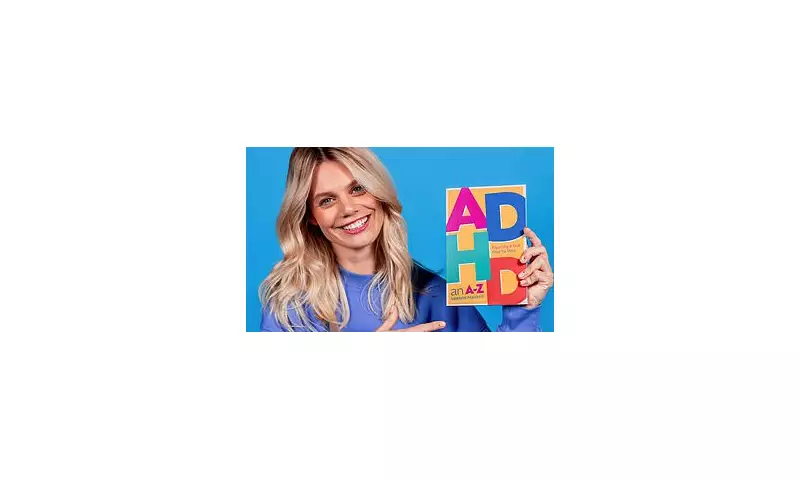
Navigating conversations with neurodivergent individuals requires sensitivity and understanding, particularly when discussing ADHD. Many well-intentioned phrases can inadvertently cause harm, reinforcing negative stereotypes and misunderstandings about this common neurological condition.
The Hidden Impact of Common Phrases
For the approximately 2.6 million people in the UK living with ADHD, everyday comments can carry unintended weight. What might seem like harmless conversation can actually undermine their experiences and challenges.
1. "Everyone's a Little Bit ADHD Sometimes"
This common dismissal minimises the real neurological differences that characterise ADHD. While many people might experience occasional distraction or restlessness, ADHD involves persistent patterns that significantly impact daily functioning across multiple settings.
Try instead: "I'd like to understand more about how ADHD affects you specifically."
2. "Just Try Harder to Focus"
This suggestion fundamentally misunderstands how ADHD affects attention regulation. The challenge isn't about willingness or effort—it's about how the brain processes and prioritises information.
Try instead: "What environments help you concentrate best?"
3. "You Don't Seem Like You Have ADHD"
ADHD manifests differently in each individual, and many people develop sophisticated coping mechanisms that mask their symptoms. This comment invalidates their diagnosis and the effort required to manage their symptoms.
Try instead: "Thank you for sharing your experience with me."
4. "It's Not an Excuse"
When someone with ADHD explains how their condition affects a situation, they're typically providing context, not making excuses. This response creates barriers to open communication about their needs.
Try instead: "How can I support you in this situation?"
5. "You're So Lucky You Get Medication/Accommodations"
Medication and accommodations aren't advantages—they're necessary tools that help level the playing field for people with neurological differences. This perspective frames basic accessibility as special treatment.
Try instead: "I'm glad you have access to the support you need."
Building Neurodiversity-Affirming Communication
Creating inclusive spaces for neurodivergent individuals begins with mindful language. By replacing these common phrases with more supportive alternatives, we can foster environments where people with ADHD feel understood and valued for their unique perspectives and strengths.
Remember that ADHD brings not just challenges but also remarkable strengths in creativity, problem-solving, and hyperfocus in areas of interest. The goal isn't to eliminate neurodiversity, but to create a world that accommodates and celebrates different ways of thinking.





